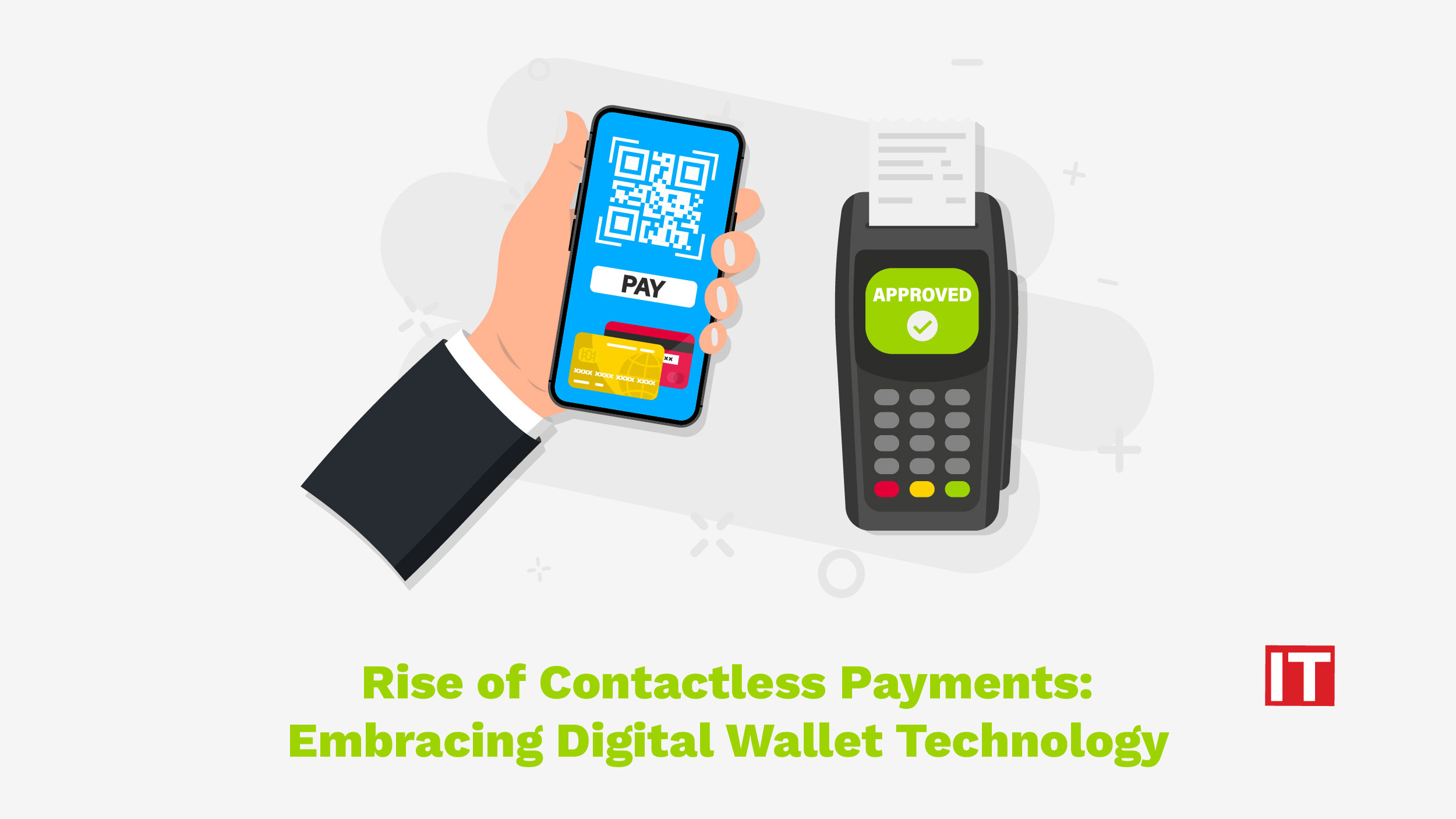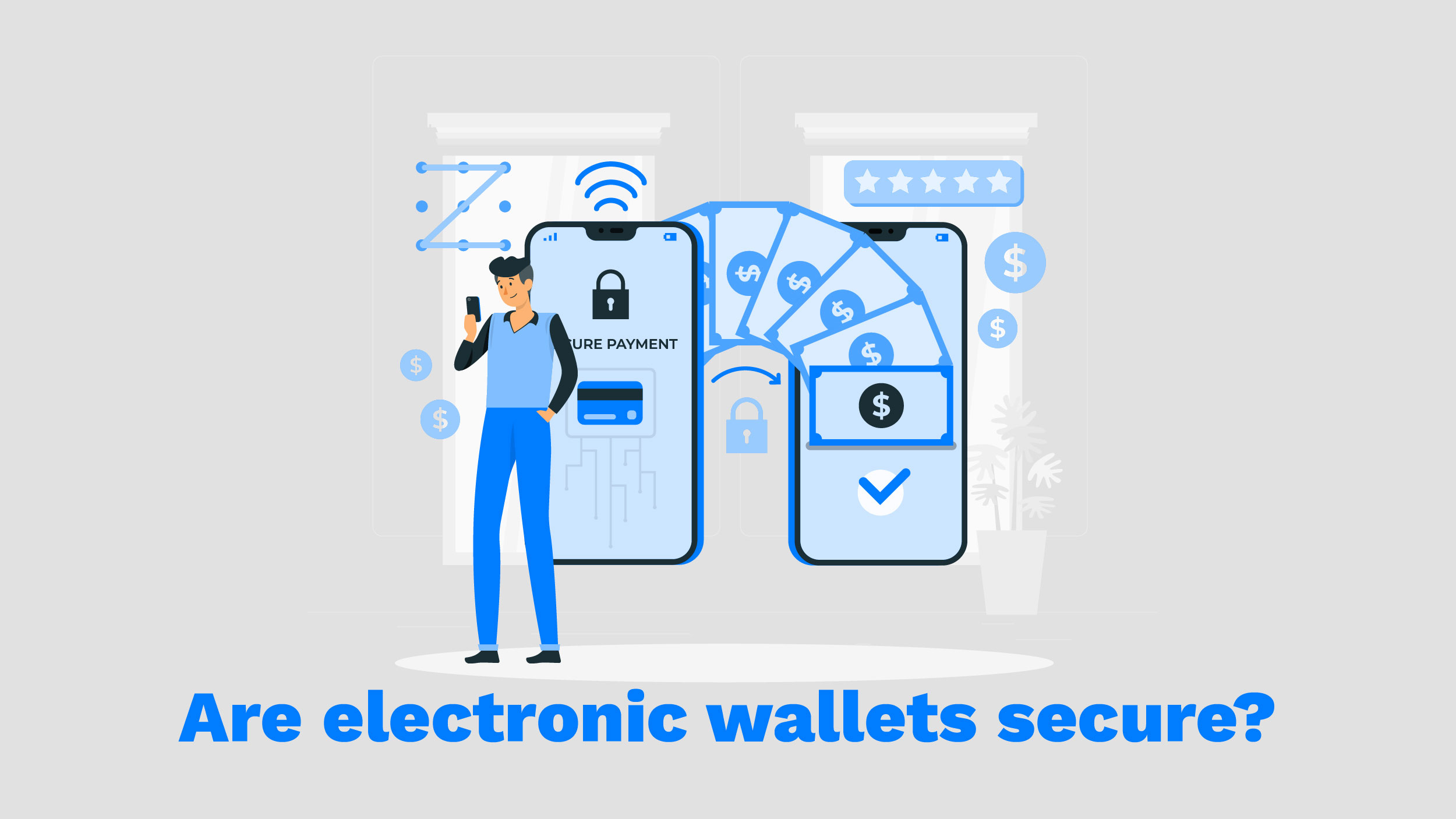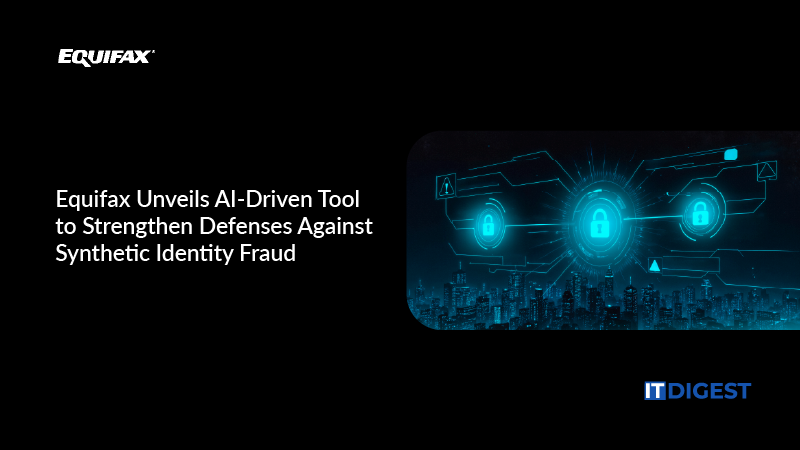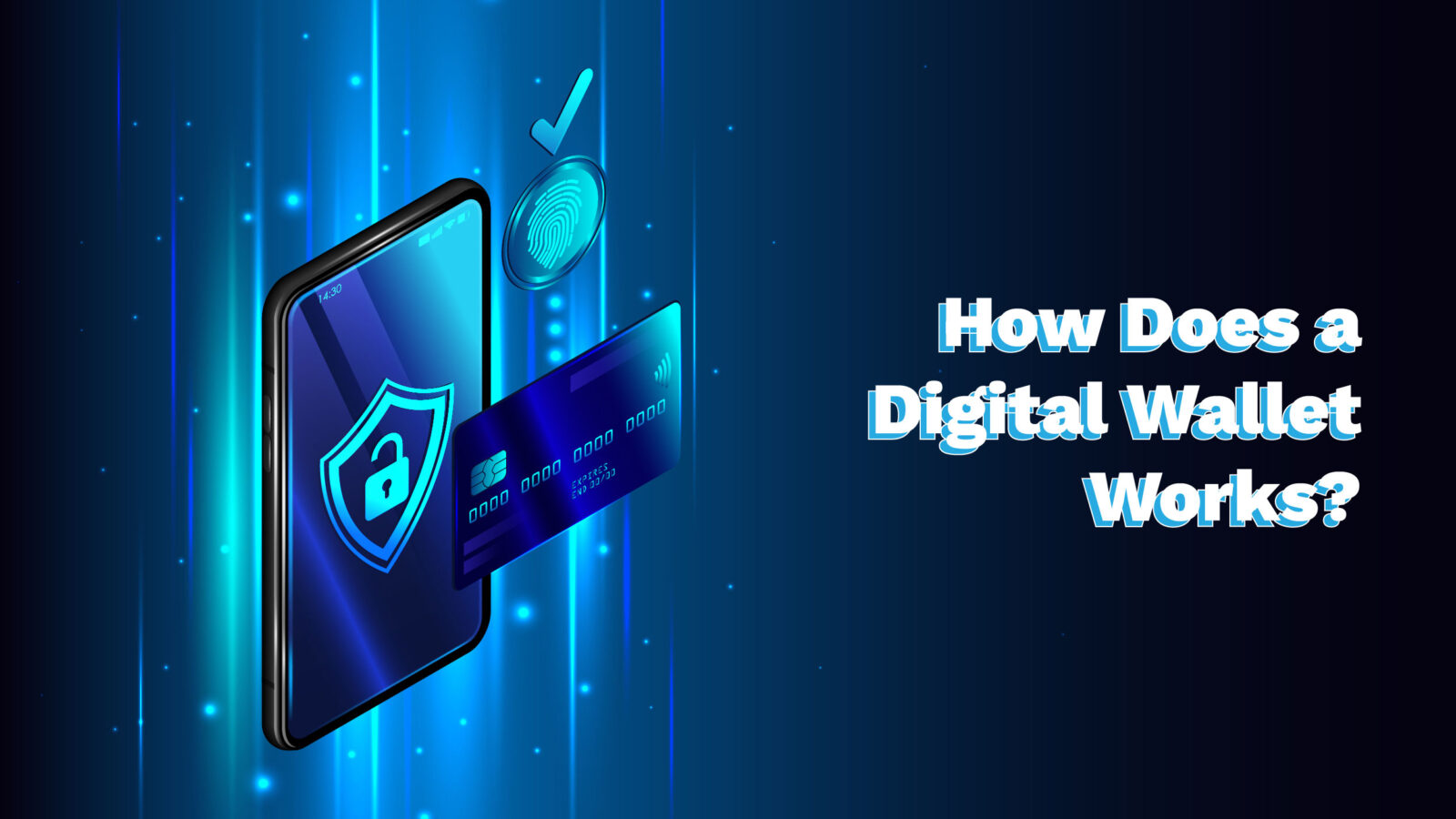In light of the pandemic, contactless payment solutions have grown in popularity with both customers and businesses. One such technique is using digital wallets. They keep track of your payment methods, including credit and debit cards, so you can conveniently make purchases using your smartphone or smartwatch.
However, you can store more than just credit and debit cards in a digital wallet. Additionally, you may save coupons, event tickets, aircraft tickets, membership and loyalty cards, gift cards, and more. Additionally, you can send money to other people via a variety of digital wallets.
What is a Digital Wallet?
A financial transaction program that works on any connected device is known as a digital wallet (or electronic wallet). It safely stores your passwords and payment details on the cloud. Mobile wallets, a subclass of digital wallets, can be accessed from a computer but are typically used on mobile devices.
With the use of digital wallets, you can avoid carrying your cards around by making payments while shopping using your mobile. You can make purchases using your device after entering and storing your credit card, debit card, or bank account information.
Digital wallets can also store:
● Gift cards
● Membership cards
● Loyalty cards
● Coupons
● Event tickets
● Plane and transit tickets
● Hotel reservations
● Driver’s license
● Identification cards
● Car keys
How Does a Digital Wallet Works?
 The purpose of digital wallets is to increase access to financial goods and services by utilizing the capabilities of mobile devices. Due to their ability to safely and conveniently store all of a user’s payment information, digital wallets effectively do away with the need to carry a traditional wallet.
The purpose of digital wallets is to increase access to financial goods and services by utilizing the capabilities of mobile devices. Due to their ability to safely and conveniently store all of a user’s payment information, digital wallets effectively do away with the need to carry a traditional wallet.
Digital wallets transport payment information securely from your device to a point of sale built to read the data and connect via these signals using a mobile device’s wireless capabilities like Bluetooth, WiFi, and magnetic signals.
Currently, mobile devices and digital wallets employ the following technologies:
QR codes: Matrix bar codes called quick response codes can hold data. In order to make a purchase, you use the camera on your mobile and the scanning feature of your wallet.
NFC is a technology that enables two smart devices to connect and exchange information by sending electromagnetic signals across a short distance. For a connection to occur, two devices must be close to one another.
A magnetic card reader that reads your card when you swipe it through a slot at a point of sale uses magnetic secure transmission (MST), the same technology. This encrypted field is generated by your phone and can be read by the point of sale. The MST capability for Samsung Pay on its Android smartphones has been taken off by at least one digital wallet and mobile phone provider, Samsung.
The point-of-sale terminal, which is connected to payment processors, receives the card information you’ve saved on your smartphone and decides to use it for a transaction. The money is then forwarded through the banks and credit card networks via the processors, gateways, acquirers, or any other third parties participating in credit and debit card transactions.
Companies like Bitpay created cards that enable you to use cryptocurrencies as payment since cryptocurrency has integrated itself into the banking system. You may add a Bitpay debit card to digital wallets like Apple Pay and Google Pay. When you use your wallet to make a purchase, the Bitpay card converts your Bitcoin to dollars at the current market rate.
What are the types of Digital Wallets?
There are numerous digital wallets available. Given below are some of the well-known:
Cash App
Apple Pay
Google Wallet
Samsung Pay
PayPal
Venmo
AliPay
Walmart Pay
Dwolla
Vodafone M-PESA
Most wallets use various strategies in an effort to stand apart from their rivals. For instance, you can add money to the wallet on your phone or tablet using Google’s digital wallet service. Then, you may use this money to make purchases at companies that accept Google payments both offline and online.
Contrarily, Apple partnered strategically with Goldman Sachs to enhance its Apple Pay offerings and issue Apple credit cards.
Are electronic wallets secure?
 Consumers are always wary of new technology, especially when it involves their credit card and banking information. The “tokenization” process, an inherent security feature of digital wallets, prevents your credit or debit card number from being revealed when you make a purchase.
Consumers are always wary of new technology, especially when it involves their credit card and banking information. The “tokenization” process, an inherent security feature of digital wallets, prevents your credit or debit card number from being revealed when you make a purchase.
82 percent of Americans currently favor making purchases using digital payment methods.
Additionally, it has been found that providing customers the option to pay using an eWallet (also known as a digital wallet) is the greatest approach to enhance the mobile checkout experience.
In essence, the digital wallet creates a one-time-use token made up of random integers when you make a purchase rather than providing the shop with your actual credit or debit card number. The payment is processed using that token, and your personal information is kept secure throughout.
Additionally, there are additional layers of security that must be passed in order to access your digital wallets, such as a PIN or biometric data (such as a fingerprint or facial recognition).
Nevertheless, you should proceed with caution. If you’re typing your passcode in a public place, be sure to keep a careful eye on your phone and cover the screen.
Final Thoughts on Digital Wallet
Digital wallets have grown to be a major factor in the world of financial transactions, giving customers a quick and simple option to pay both online and in person. Digital wallets are electronic devices, internet services, or software programs that enable users to deal with third parties and exchange units of digital money for products and services. Many digital wallets offer features like digital IDs, loyalty cards, and other papers that can be saved in the wallet, helping to reduce the need to carry cash or cards. Even though digital wallets are extremely popular, it’s crucial for consumers to investigate and contrast several wallets to choose the one that best meets their demands.
As the growth of digital payments continues to surge, it’s likely that digital wallets will play an even more significant role in the future of financial transactions.

































